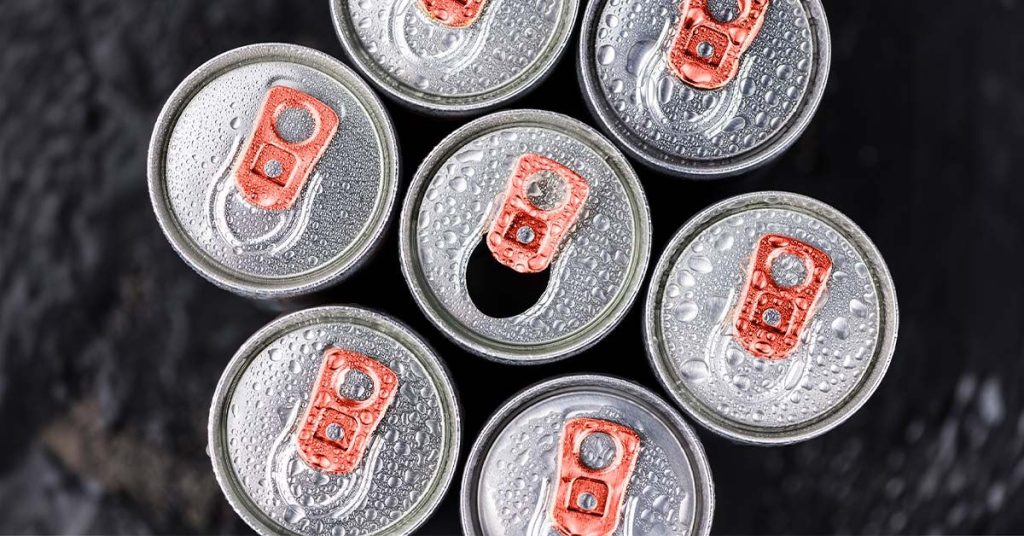New research suggests that for people with certain genetic heart conditions, consuming energy drinks may pose a small risk of experiencing a life-threatening cardiac event. These energy drinks are considered “arrhythmogenic foods” due to their high caffeine content and the presence of compounds like taurine and guarana that could have adverse effects on heart health. A study conducted by researchers at the Mayo Clinic found that 5% of sudden cardiac arrest survivors with pre-existing genetic heart conditions had consumed energy drinks prior to their cardiac event, indicating a possible link between the two. While more studies are needed to establish causation, these initial findings are concerning enough to warrant further investigation. Dr. Michael J. Ackerman, the lead study author, emphasizes the importance of patients with known genetic heart conditions considering the risks and benefits of consuming energy drinks.
This study is not the first to question the safety of energy drinks, especially for those predisposed to cardiac issues. Caffeine, the main component of most energy drinks, has been shown to pose health risks when consumed in high quantities. In a recent incident, Panera Bread had to remove a highly caffeinated product from the market after two deaths were linked to its consumption. An editorial accompanying the new research suggests classifying energy drinks as “arrhythmogenic foods” that might cause heart arrhythmia due to the presence of caffeine and other compounds. Taurine and guarana found in popular energy drinks have been shown to have proarrhythmic effects on heart function.
While this study is limited to associative findings, additional research is urgently needed, especially as the energy drink industry continues to grow into a multi-billion dollar enterprise. Colleagues in a second editorial emphasize the need for further investigation, particularly for patients with channelopathies and ischemic heart disease who may be at a higher risk from consuming energy drinks. Dr. Majid Basit, an interventional cardiologist, notes that while the study does not conclusively prove that energy drinks cause near-fatal events, frequent and excessive consumption of these beverages has been linked to various cardiac disorders, including heart failure, stroke, and irregular heart rhythms. Individuals with a family history of unexplained sudden deaths or a personal history of passing out may be at a higher risk of cardiac issues and should consider a cardiac workup.
The study findings shed light on the potential risks associated with energy drink consumption, particularly for individuals with genetic heart conditions. The researchers stress the importance of further research to establish a definitive link between consuming energy drinks and experiencing cardiac events, urging caution for those with known predisposing heart conditions. As the energy drink market continues to expand, understanding the potential risks of these beverages is crucial for public health. The recognition of energy drinks as “arrhythmogenic foods” highlights the need for heightened awareness of the potential adverse effects of these beverages on heart health.
In conclusion, while more research is needed to confirm the association between energy drink consumption and cardiac events, the initial findings are a cause for concern. The potential risks of energy drinks, especially for individuals with genetic heart conditions, highlight the importance of considering the trade-offs between consuming these beverages and the potential health consequences. As the energy drink industry grows, it is essential to raise awareness about the potential risks associated with these products and to conduct further studies to understand their impact on heart health. The editorial authors stress the urgency of additional research, emphasizing the importance of precaution for individuals with specific cardiac conditions and those at higher risk of adverse cardiac events. While the study findings are preliminary, they serve as a significant contribution to the ongoing discussions surrounding the safety of energy drinks and their potential impact on heart health.


